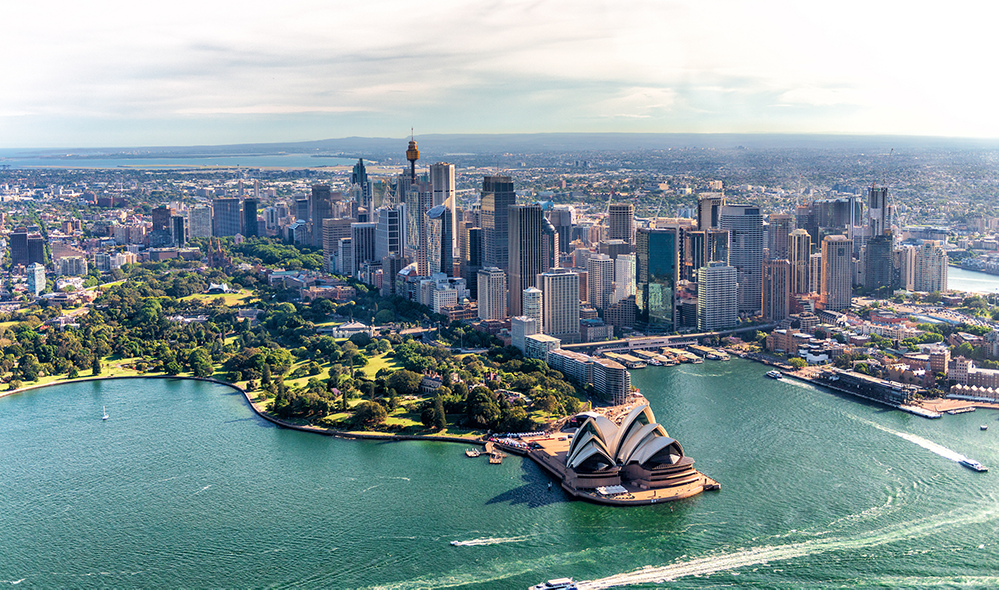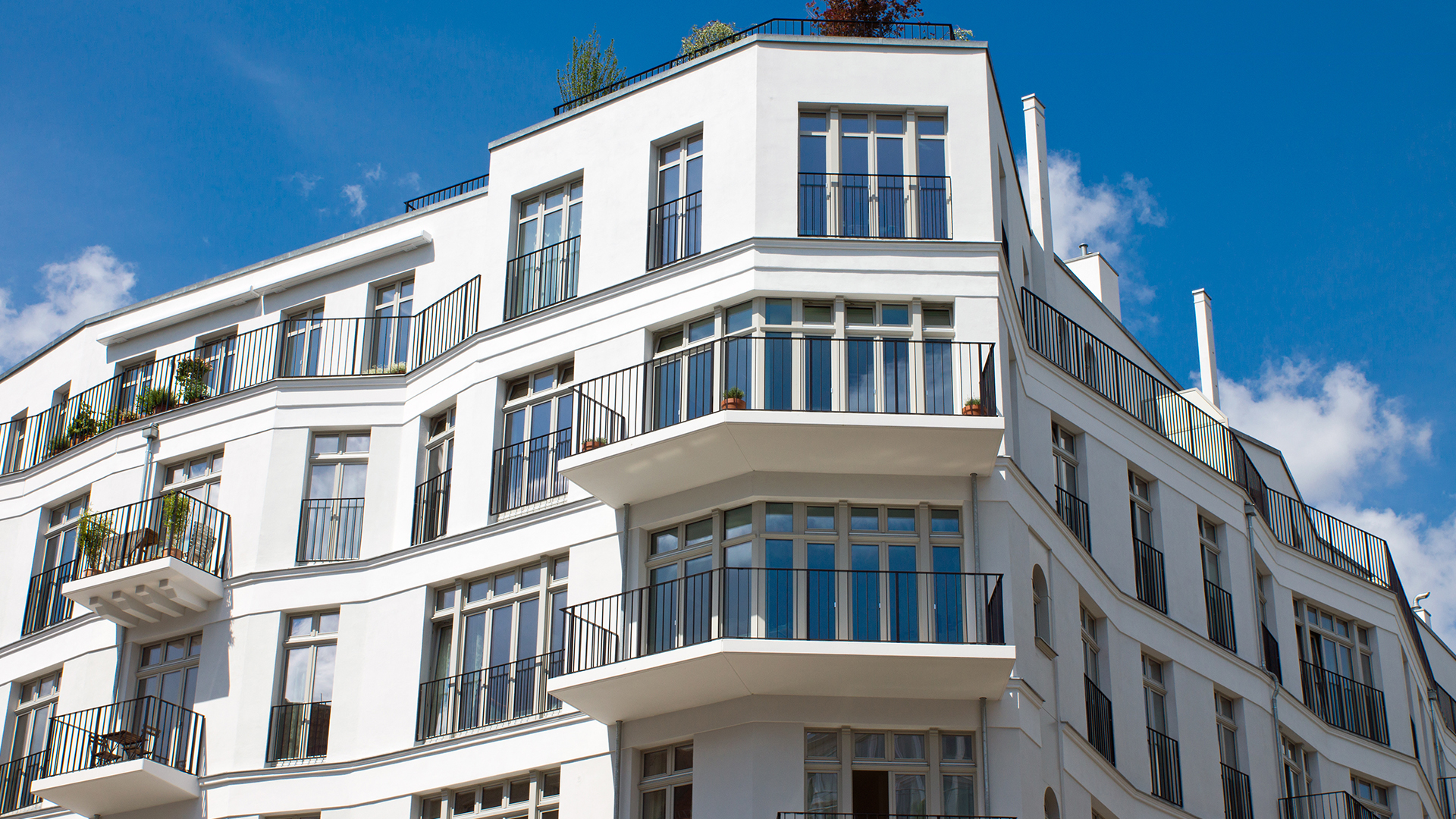
Australia and New Zealand were “underperformers” in Asia Pacific’s real estate market last year, with Sydney’s commercial transaction volumes down by 52%, Melbourne’s by 35% and Auckland’s remaining stagnant.
But the countries’ overperformance in their handling of the pandemic could set them up for future success. Last week Yardi called in the experts to find out more.

David Green-Morgan, Managing Director of Real Capital Analytics in Asia Pacific, Dr Sarah Hunter, BIS Oxford Economics’ Chief Economist for Australia and New Zealand, and Yardi’s Regional Director, Bernie Devine, joined us for the latest instalment in Yardi’s Executive Briefing Series for 2021. And their insights might surprise you.
- The pandemic hasn’t been a financial disaster
While the world has witnessed the biggest economic downturn on record, the Australia and New Zealand experience was far from the “double digit” declines felt in some markets, Hunter said. This was thanks to “good luck and good policy”. Geographic isolation played its part, but both governments were also “aggressive leaders” in lockdown stringency, tracking, tracing, testing and other public health responses. Controlling the pandemic has allowed both countries “to normalise economic performance,” Hunter noted.
Central banks have thrown the “kitchen sink” at the pandemic, with quantitative easing and a lower cash rate making it easier for people to borrow. Emergency support measures “have more than compensated” for loss of income from wage freezes, lower dividends or job cuts. On an “aggregate level” the pandemic “has not been a financial disaster,” Hunter observed. A “wave” of investment in infrastructure projects bodes well for the property industry, she added.
- Investment volumes took us back to 2016
Australia and New Zealand were “slight underperformers” in 2020, Green-Morgan said. Asia Pacific investment volumes, while down on the “record year” of 2019, were far from the falls witnessed during the Global Financial Crisis. Instead, transaction volumes were “back in line with 2015 or 2016 territory, which was not a terrible outcome,” Green-Morgan commented.
Australia has since bounced back with $3.3 billion in transaction volumes for the first quarter – 12% more than the same period for 2020. Australian cities have “held their ground”, as has Auckland, Green-Morgan added.
- There is no end in sight for industrial expansion
Logistics and office pricing are close to converging – something that surprised Green-Morgan. Yield compression in the industrial sector has been “astronomical” in some markets since Covid. Sydney is the “most significant ” example in Australia, but it is occurring across both countries – and indeed the world. Without the pandemic it would “almost certainly” have taken longer for this convergence to occur, he said.
Green-Morgan pointed to Blackstone’s sale of its logistics portfolio to GIC and ESR for approximately AUD$3.8 billion in mid-April. “More than $40 billion of money was probably chasing that deal… and with a yield of around four-and-a-half per cent, , it’s a record for logistics assets in Australia.”
Could industrial compress further than office, Devine asked? “Yes,” was Green-Morgan’s response. This year could be the “defining moment” for both sectors and “we may have a continued period where logistics start to trade at lower yields than office assets”.
- But the office is far from dead
Hunter said BIS Oxford Economics is “cautiously optimistic” about the future of the office. Covid has “accelerated trends that were already taking place”, such as online shopping and work-from-home, but “we don’t think the office is dead”.
Office occupancy remains quite low in Australian cities, when compared with other markets in the region, Green-Morgan remarked, and this differential could play into future pricing. But many of Australia’s largest transactions in 2020 were for office assets.
- Retail investors will return when the price is right
Cross-border investors are starting to dispose of their retail assets to domestic groups. GIC has put three “very high-quality CBD retail assets” onto the market in Sydney, said Green-Morgan, adding that the market will watch this sale with interest. Not one of the top 10 investors into Australia in 2020 purchased a retail asset but investors will always return “when the price is right”.
Wrapping up the webinar, Devine noted that Australia and New Zealand have “reaped the benefits” of hard lockdowns, with a “resounding and resilient recovery” taking both nations back to pre-pandemic levels. This was in stark contrast to the “very different story” unfolding in other Asia Pacific markets. “The pain of 2020 worth the gain when you look at the alternatives.”
Missed Yardi’s latest Executive Briefing? Don’t miss the next one! Subscribe to our updates to keep your finger on the property market pulse.


